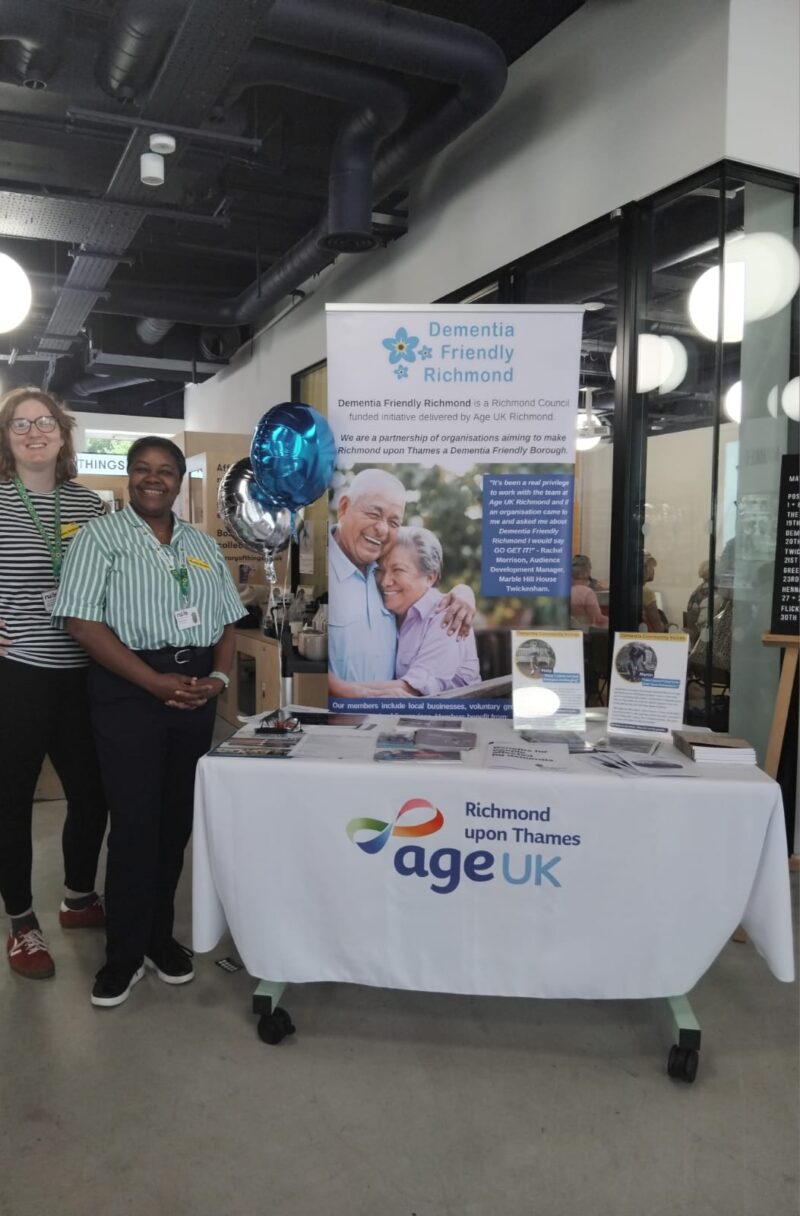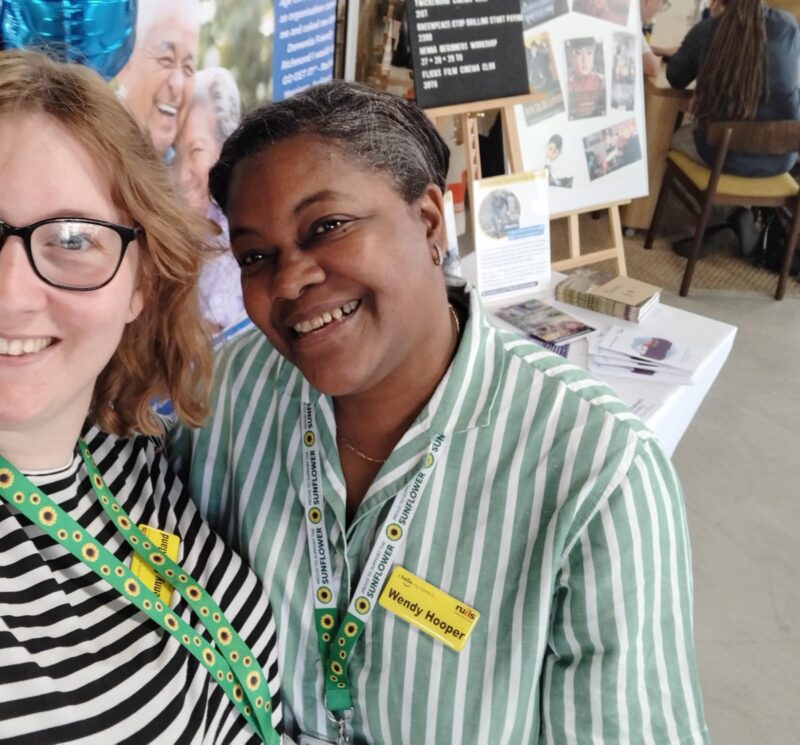Proactive Anticipatory Care (PAC) Spotlight
Updated: 23/06/25
Created: 23/06/2025
Who by? Wendy Hooper
Proactive Anticipatory Care (PAC) is changing the narrative for people with multiple long-term health conditions. At the heart of this approach is a dedicated team of professionals who are working closely with clients to create personalised care plans that focus on prevention, independence and improving overall wellbeing.
Rather than waiting for a crisis, the programme steps in early through bringing together GPs, Community Matrons, Social Workers and PAC Care Coordinators to provide coordinated, compassionate care that helps clients stay healthier and happier at home. This can often mean fewer hospital visits and providing clients with more control over their own care.
We have the pleasure of speaking with PAC Care Coordinator, Wendy Hooper, to explore her thoughts on the service.


Wendy, what does your role as a PAC Care Coordinator involve?
As the Care Coordinator for East Twickenham, I’m part of the core team, working alongside the GP, Social Worker and Community Matron in each of the 7 surgeries that I cover. I visit clients accepted on the PAC caseload and provide a holistic assessment of their needs, help develop a personalised care support plan and liaise with all members of the MDT and external agencies to support the patient to achieve their agreed goals and increase their independence.
What do you find most rewarding about the job?
I really enjoy meeting patients, getting to know them and letting them know that their voices and wishes are being heard. The best cases are those who are reluctant to engage initially but are fully on board in the end! I’m also lucky to work with a fantastic group of professionals and enjoy engaging with a variety of specialists as we all work together to provide the best support to the most vulnerable people.
Can you tell us about a client you have supported and what were the reasons for their referral?
We discussed support for a 80-year-old male, who has heart failure, COPD and recent diagnosis of oesophageal cancer. He lives alone and was referred to PAC due to concerns raised by daughter. He was struggling to cope at home, and the home was cluttered, dirty and there was mouldy food everywhere, flies present and stagnant water in sink. His decline in health was affecting his independence and he was reluctant to accept help.
What goals were set to support the clients’ needs?
My main goal was building rapport and sense of trust with the client so he would accept help to have the property deep cleaned, support with activities of daily living, managing finances including benefits check and application for specific benefits, assistance sorting paperwork and gathering supporting documents, supporting and improving independence particularly around transport and support for anxiety regarding cancer diagnosis and treatment.
What actions or interventions were taken to meet these goals?
I worked closely with Community Matron and Social Worker throughout, completing an initial assessment of his health and care needs. Following this, a personalised support plan was agreed followed by Care Act Assessment and financial assessment. There was a deep clean and declutter conducted, referrals made for benefits checks, assistance given to support applications for Attendance Allowance and blue badge, support given in communications with DWP, referral to Age UK for support sorting paperwork, referral to connect to tech for support with technology, support and reassurance regarding health and hospital transport given. I remained a constant point of contact and support over an extended period of time to ensure progress was being made against each of these interventions.
What outcomes or improvements were achieved?
The environment was greatly improved, so he was much more comfortable at home. Following a benefits check, the client was later successful with his application for Attendance Allowance (higher rate and backdated payment), which helped to alleviate financial worries and also facilitated help with cleaning home. The outstanding issues with DWP payments were resolved. The client was also successful in his application for blue badge which helped him regain former independence and access to the community. He felt his paperwork was sorted and improved his confidence with use of smart technology. Overall, there was a significant improvement is his health following cancer treatment and reduced anxiety in general.
What feedback did the client share about the help received?
“Attendance Allowance is a god send! I would never have gotten it if you hadn’t convinced me to apply for it. I don’t know what I’m going to do without you, but I suppose it’s someone else’s turn to get your help now. Thank you for all you’ve done for me”
How do you relax and look after your own wellbeing?
I love music (especially Soul), dancing (anytime, anywhere), learning to be a better gardener and as many Zumba classes as I can fit into a very busy schedule.
Learn more about PAC and watch a short film about how it helps patients here.
